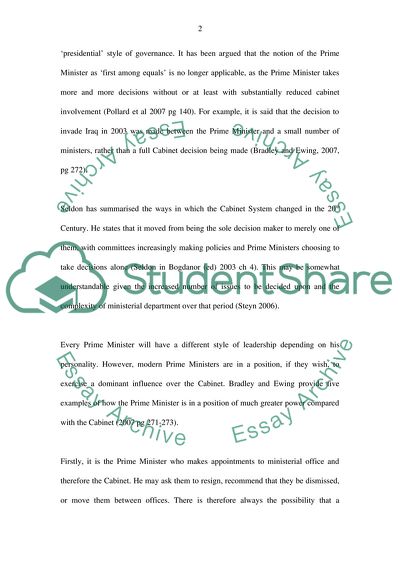Cite this document
(Cabinet System in the UK Assignment Example | Topics and Well Written Essays - 1750 words - 1, n.d.)
Cabinet System in the UK Assignment Example | Topics and Well Written Essays - 1750 words - 1. Retrieved from https://studentshare.org/politics/1717869-public-law
Cabinet System in the UK Assignment Example | Topics and Well Written Essays - 1750 words - 1. Retrieved from https://studentshare.org/politics/1717869-public-law
(Cabinet System in the UK Assignment Example | Topics and Well Written Essays - 1750 Words - 1)
Cabinet System in the UK Assignment Example | Topics and Well Written Essays - 1750 Words - 1. https://studentshare.org/politics/1717869-public-law.
Cabinet System in the UK Assignment Example | Topics and Well Written Essays - 1750 Words - 1. https://studentshare.org/politics/1717869-public-law.
“Cabinet System in the UK Assignment Example | Topics and Well Written Essays - 1750 Words - 1”. https://studentshare.org/politics/1717869-public-law.


